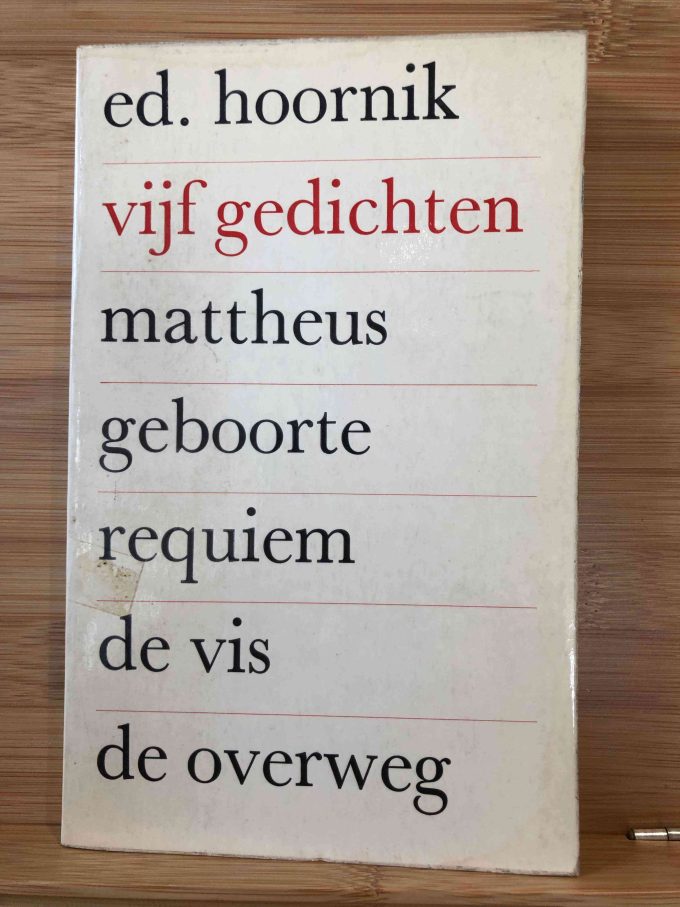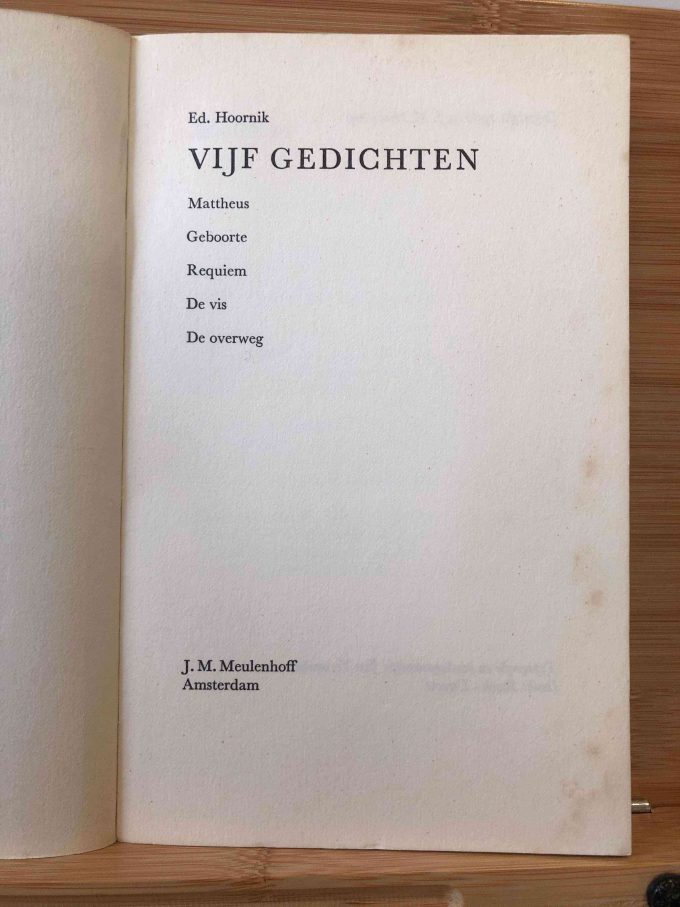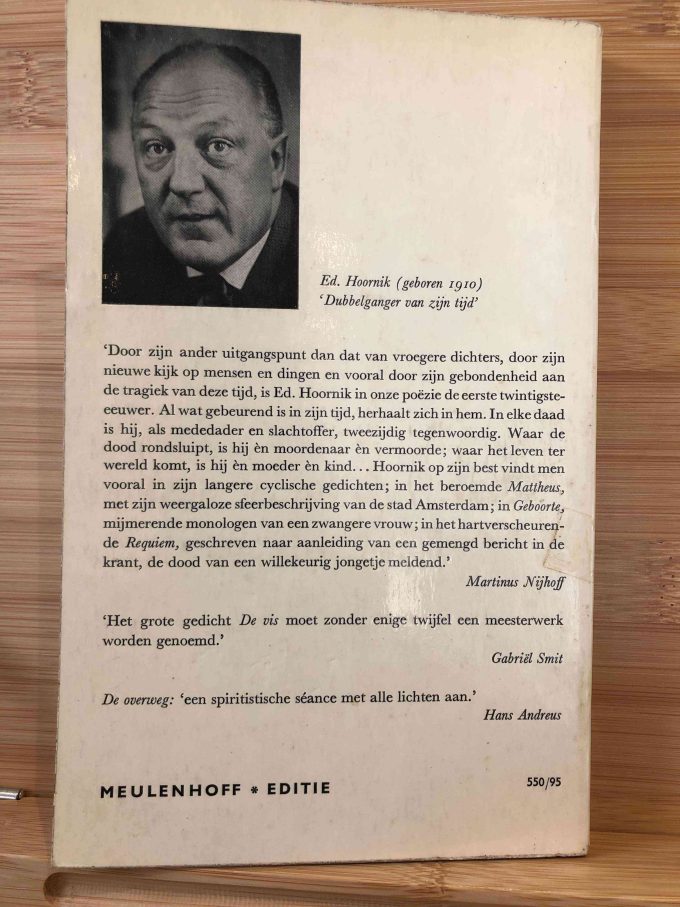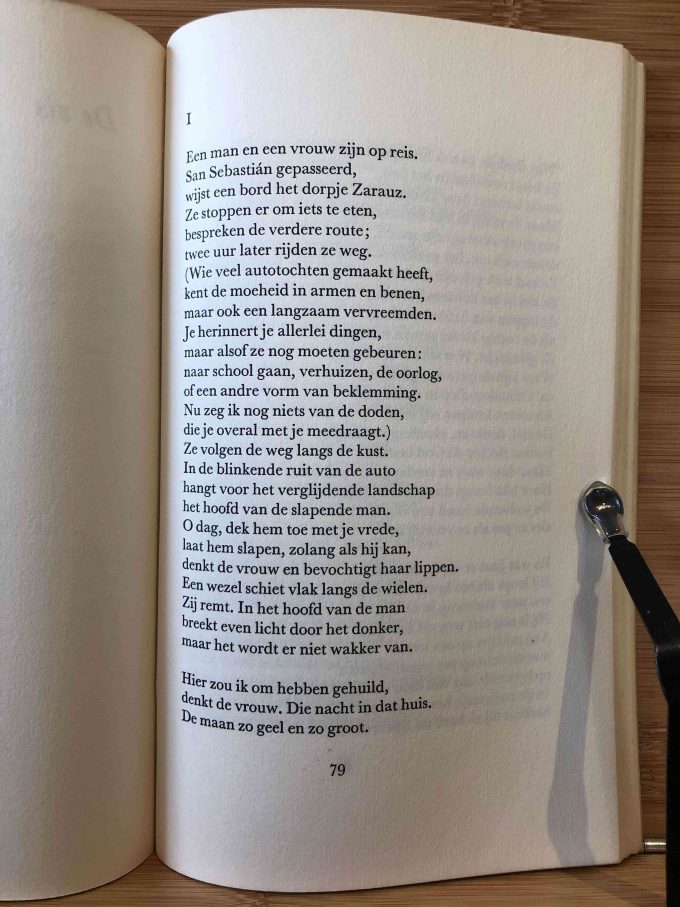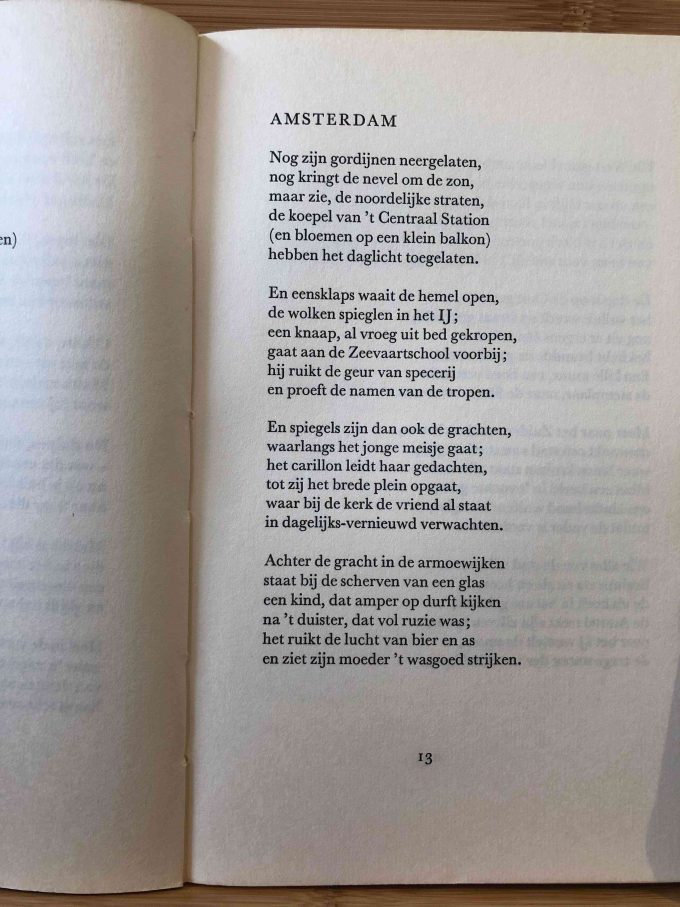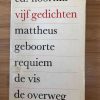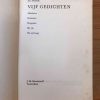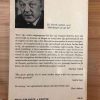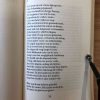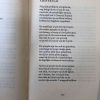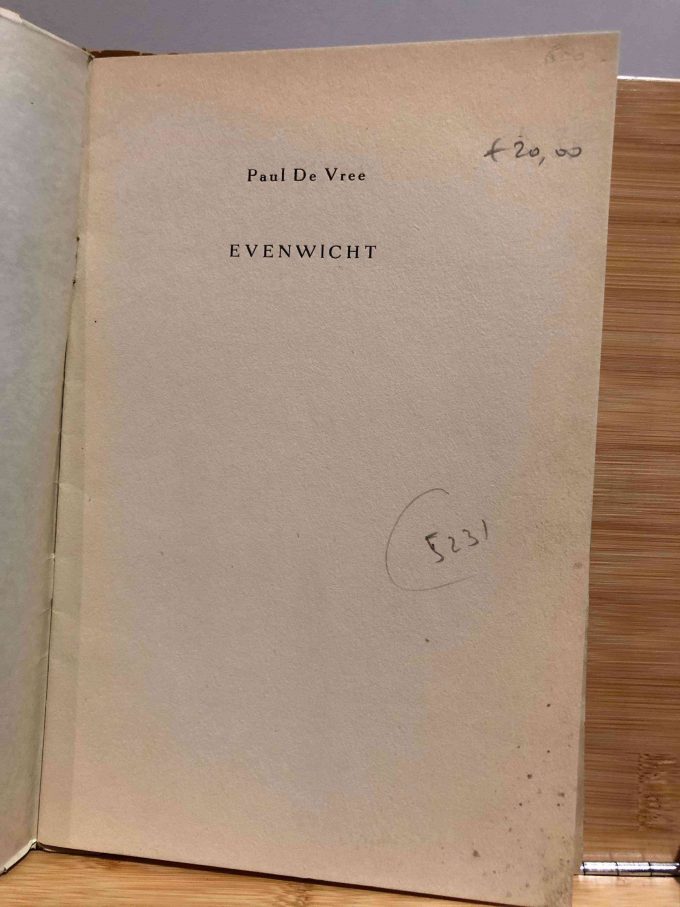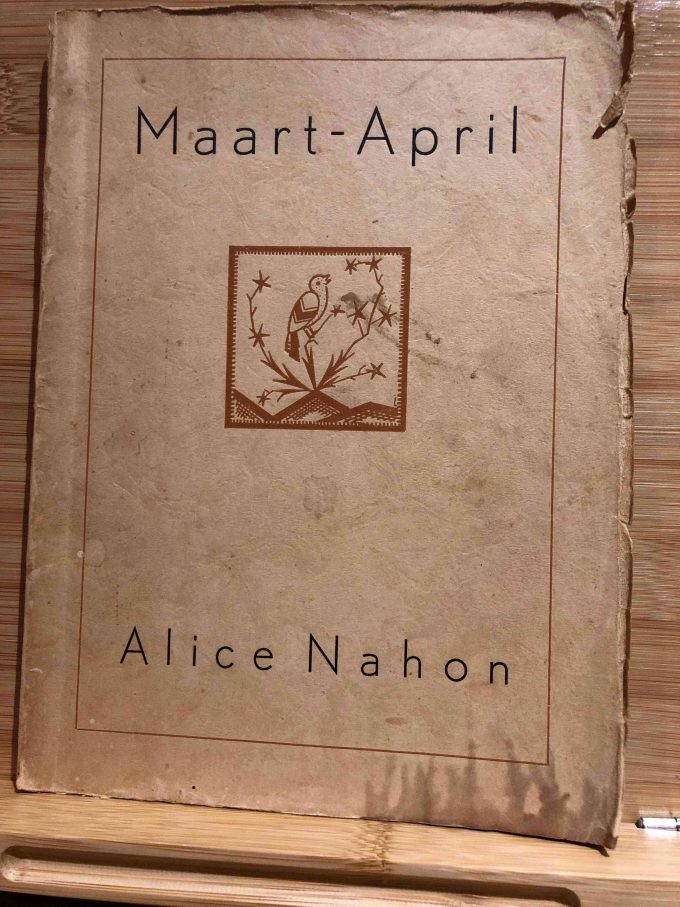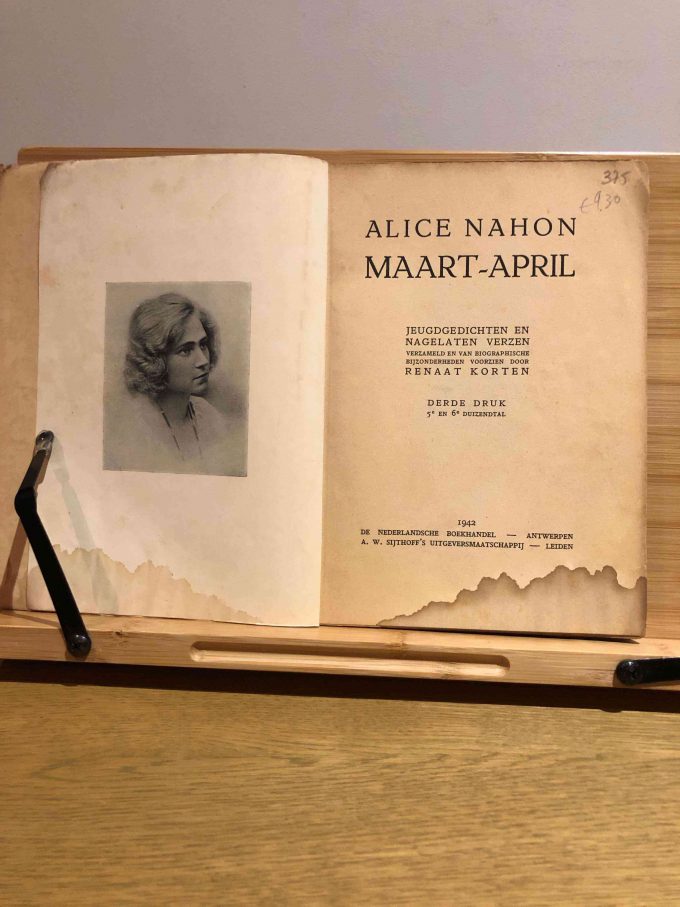Nederlands:
Eduard (Ed) Jozef Antonie Marie Hoornik (Den Haag, 9 maart 1910 – Amsterdam, 1 maart 1970) was een Nederlandse dichter, behorend tot de Amsterdamse school. Aanvankelijk was zijn werk sociaal-kritisch, maar zijn latere werk is sterk getekend door zijn ervaring als overlevende van concentratiekamp Dachau en heeft daarom vooral de confrontatie met de dood als thema. Naast gedichten schreef hij ook toneelstukken, romans en essays.
In 1929 begon Hoornik zijn journalistieke carrière bij het dagblad De Tijd, en vanaf 1933 was hij redacteur bij het Algemeen Handelsblad. Hij trouwde in 1934 met Elisabeth Nussbaum en kreeg drie dochters met haar. Het paar scheidde in 1957. Vanaf 1929 publiceerde Hoornik gedichten en verhalen; in 1936 verscheen zijn eerste gedichtenbundel Het Keerpunt.
Voor de oorlog waarschuwde Hoornik tegen het nazisme, onder meer met het gedicht Pogrom, met de slotregel “het is maar tien uur sporen naar Berlijn” (1939; Steenen). Hoornik weigerde als literatuur-recensent van het Algemeen Handelsblad in bezettingstijd rekening te houden met de censuur, maar had een gezin met kinderen, waardoor het hem moeilijk viel ontslag te nemen. In de loop van 1942 dook hij toch onder, en zijn werk werd verboden. Op 19 augustus 1943 werd Hoornik samen met zijn vrouw, uitgever Bert Bakker en vrienden gearresteerd op een feest ter gelegenheid van de verschijning van de illegale dichtbundel Tweespalt. Hij werd overgebracht naar Kamp Vught en vandaar op 26 mei 1944 naar het concentratiekamp Dachau, waar hij op 29 april 1945 door de Amerikanen bevrijd werd. Dachau heeft een blijvend stempel op hem gedrukt, zoals blijkt uit zijn werk: “Banger word ik voor mijn eigen wezen, Dachau schoof een raster voor mijn ziel” (Ex Tenebris) en “wie daarin opgenomen is geweest, zal de dood tot zijn dood met zich meedragen.”
Na de oorlog was Hoornik redacteur kunst van Vrij Nederland en vanaf 1954 redacteur van het politiek-literaire blad De Gids. Tevens was hij vanaf het begin in 1958 tot zijn overlijden in 1970 verbonden aan het driemaandelijkse, Engelstalige tijdschrift Delta, eerst als editor en vanaf 1966 ook als directeur van de Delta International Publication Foundation, de uitgever van het tijdschrift. Na zijn scheiding trouwde hij in 1957 met Mies Bouhuys, die over haar leven met hem het boek “Het is maar tien uur sporen naar Berlijn” schreef. Hoornik was bevriend met Gerrit Achterberg en Anna Blaman, die het korte verhaal Ram Horna op hem inspireerde.
De bundel “Vijf Gedichten” bevat de gedichten “Mattheus,” “Geboorte,” “Requiem,” “De vis,” en “De overweg.” Deze eerste editie, uitgegeven door J.M. Meulenhoff in 1966, is onderdeel van de Meulenhoff Editie reeks en omvat 122 pagina’s. Het boek is in een formaat van 12,5 cm bij 20 cm, en is gebonden in zachte kaft en genaaid.
English:
Eduard (Ed) Jozef Antonie Marie Hoornik (The Hague, March 9, 1910 – Amsterdam, March 1, 1970) was a Dutch poet, associated with the Amsterdam School. Initially, his work was socially critical, but his later work is deeply marked by his experience as a survivor of the Dachau concentration camp and therefore primarily addresses the confrontation with death. In addition to poetry, he also wrote plays, novels, and essays.
Hoornik began his journalistic career at the daily newspaper De Tijd in 1929 and from 1933 was an editor at the Algemeen Handelsblad. He married Elisabeth Nussbaum in 1934 and had three daughters with her. The couple divorced in 1957. From 1929, Hoornik published poems and stories; his first poetry collection, “Het Keerpunt,” appeared in 1936.
Before the war, Hoornik warned against Nazism, including with the poem “Pogrom,” which ends with the line “het is maar tien uur sporen naar Berlijn” (it’s only ten hours by train to Berlin) (1939; Steenen). Hoornik refused to comply with censorship as a literature reviewer for the Algemeen Handelsblad during the occupation but found it difficult to resign due to his family. In the course of 1942, he went into hiding, and his work was banned. On August 19, 1943, Hoornik was arrested along with his wife, publisher Bert Bakker, and friends at a party celebrating the publication of the illegal poetry collection “Tweespalt.” He was transferred to Kamp Vught and then to the Dachau concentration camp on May 26, 1944, where he was liberated by the Americans on April 29, 1945. Dachau left a lasting mark on him: “I become more afraid of my own being, Dachau placed a grid before my soul” (Ex Tenebris) and “whoever has been admitted there, will carry death with them until their own death.”
After the war, Hoornik was an art editor for Vrij Nederland and from 1954 an editor for the political-literary magazine De Gids. He was also associated with the quarterly, English-language magazine Delta from its inception in 1958 until his death in 1970, first as an editor and from 1966 also as director of the Delta International Publication Foundation, the publisher of the magazine. After his divorce, he married Mies Bouhuys in 1957, who wrote the book “Het is maar tien uur sporen naar Berlijn” about her life with him. Hoornik was friends with Gerrit Achterberg and Anna Blaman, who was inspired by him to write the short story “Ram Horna.”
The collection “Vijf Gedichten“ includes the poems “Mattheus,” “Geboorte,” “Requiem,” “De vis,” and “De overweg.” This first edition, published by J.M. Meulenhoff in 1966, is part of the Meulenhoff Editie series and comprises 122 pages. The book is in a format of 12.5 cm by 20 cm, and is bound in softcover and sewn binding.
